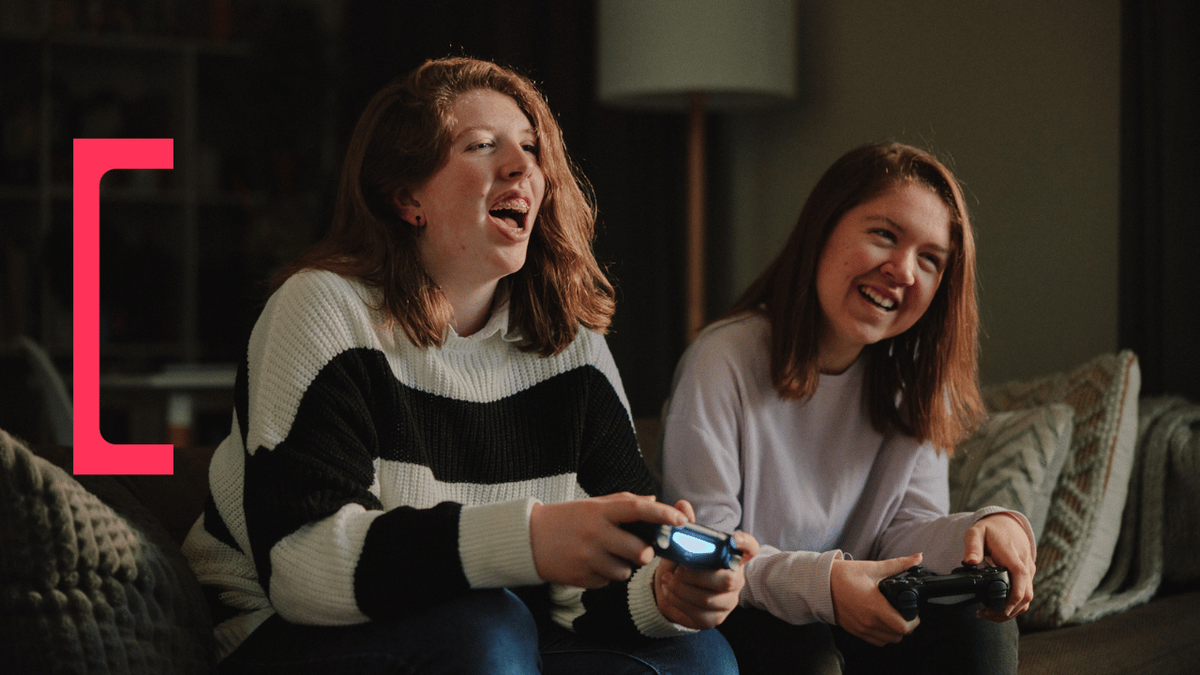Fun Activities for Cancer Patients


A cancer journey can be challenging for rangatahi, as well as their friends and whānau, and it can be difficult to fill time when missing school or work. Identifying some good hobbies and activities for rangatahi cancer patients can go some way towards helping them cope with difficult times, and it may even help them create happy memories as they navigate these new challenges.
Here are some of our suggestions for the best hobbies and activities for rangatahi cancer patients.
Fun Activites for Cancer Patients
Arts and Crafts: Fun activities for cancer patients can include making arts and crafts. Painting, drawing and crafting are all great therapeutic outlets. Art allows us to tap into our imagination and channel any emotions we may be feeling into something tangible. Learning a new skill by signing up for an online class or watching tutorials can be empowering and healing when your life is being impacted by cancer.
Music: Activities might also include engaging in activities like listening to music, singing, or playing an instrument. It’s been shown that music can have a really positive impact on mental health; it provides a form of self-expression and can be a source of entertainment for rangatahi.
Spending Time Outdoors: Taking nature walks can be one of the best activities for rangatahi cancer patients. Being outside in the fresh air can help rangatahi feel relaxed, calm and connected. Taking a walk outdoors provides a great opportunity to spend time with friends and whānau while also allowing rangatahi to soak up some much-needed sunlight if they have been stuck indoors.
Yoga and Meditation: Practising yoga and meditation can relax rangatahi, reduce stress and anxiety, and improve overall mental and physical well-being. With lots of different variations of yoga, it’s an accessible form of exercise, making it an ideal activity for lots of rangatahi cancer patients.
Cooking & Baking: Cooking and sharing meals with friends and whānau can provide an enjoyable activity for rangatahi when going through treatment. Rangatahi can learn new skills and feel proud of something they’ve been able to create.


Games: Getting engrossed in playing with toys, board games, and cards can be entertaining and fun activities for cancer patients. It also offers an opportunity for rangatahi cancer patients to catch up with friends and whānau. This is a good way to pass the time while in hospital or receiving or recovering from treatment.
Movie Nights: Putting on a good film in the company of friends and whānau can help lift spirits and give rangatahi a break from cancer. A light-hearted comedy could be a good choice to lift moods and share laughs and quality time with loved ones.
Podcasts & Audiobooks: During treatment, reading a large book may feel challenging, so rangatahi can consider listening to podcasts and audiobooks as an alternative. They can explore topics and stories that captivate their interest. Podcasts and audiobooks are ideal activities for rangatahi cancer patients, as they are entertaining and informing with minimal effort.
Simplify Existing Hobbies: There are many ways rangatahi cancer patients can still enjoy their hobbies. For instance, if a rangatahi enjoys sports, they can stay engaged by watching games on TV and supporting their favourite team. This also provides a great chance to spend time with friends and whānau, especially when there is a big sporting final!
Attending Peer-Support Events: Connecting with other rangatahi facing similar challenges can foster a sense of community and understanding. Peer-to-peer groups provide a safe space to share experiences, offer encouragement, and build lasting friendships, and they may introduce rangatahi to new hobbies and activities.
It’s important to remember that everyone is unique and will enjoy different fun activities, and what works for one rangatahi may not work for another. Each rangatahi can figure out what works for them as they explore different opportunities for fun during this tough time.
We are here for information and practical support.
Canteen Aotearoa is here to support rangatahi aged 12-24 impacted by cancer. We can help rangatahi manage changing dynamics, provide individual support, and connect rangatahi with others who understand what they are going through.
Impacted by cancer? Get mental health support
To learn more about Canteen’s individual support and cancer counselling services for rangatahi (ages 12-24) call 0800 2268 336, email info@canteen.org.nz or fill out this quick form.